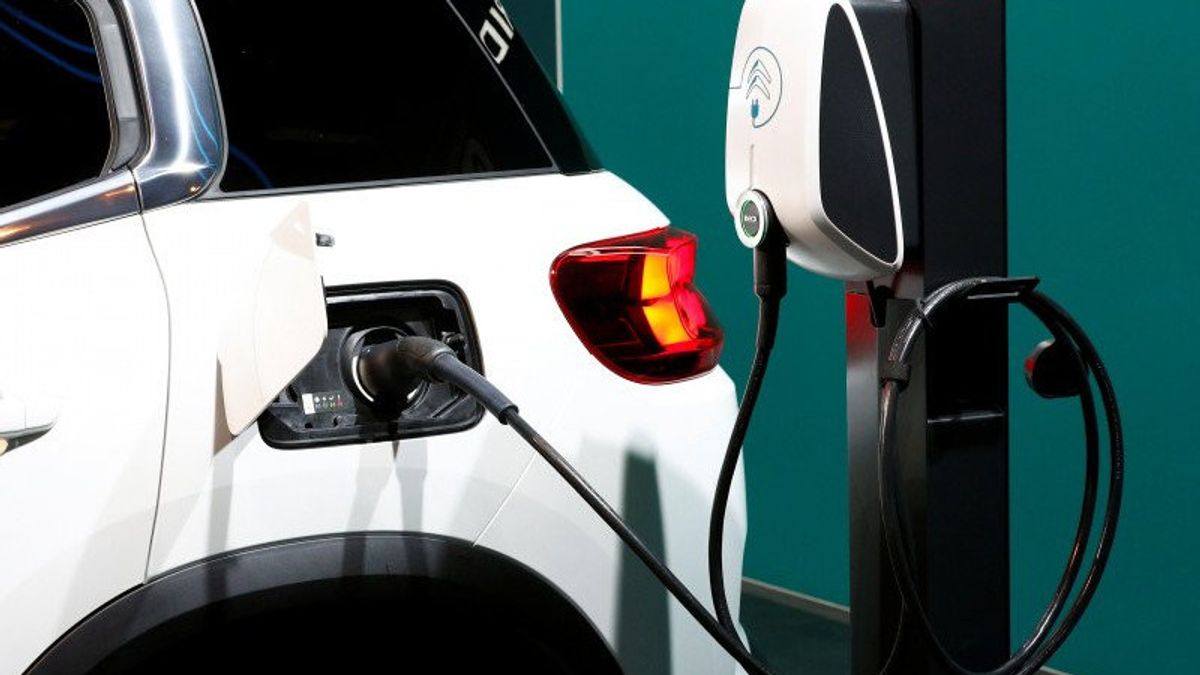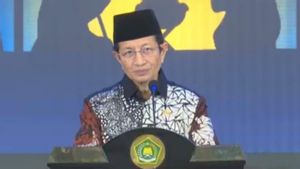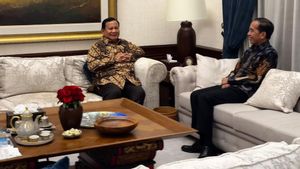JAKARTA - Energy Economy Observer from Gadjah Mada University, Fahmy Badhi, assessed that the policy of increasing subsidies for electric vehicles and relaxing the use of the 40 percent Domestic Component Level (TKDN) which should have been implemented in 2023 to be postponed to 2026 is a policy that benefits investors more.
"The two policies indicate that the Government seems to fall to every demand by electric vehicle investors," Fahmy told VOI, Tuesday, August 22.
According to him, the direction of the policy also indicates that the Government will only make Indonesia a market, not an electric vehicle manufacturer.
"The two policies hint that the Government only focuses on the final product of electric vehicles, by ignoring the development of an ecosystem industry from upstream to downstream," continued Fahmy.
Fahmy added that the Government should be consistent with the development of the industrial ecosystem through the downstream program.
Fahmy argues that the Government has actually started the downstream program through banning the export of nickel ore and smelterization to produce various derivative products, including raw materials for battery production which are the main components of electric vehicles.
"If the electric vehicle industry ecosystem has been built, the government does not need to come to it by promoting incentives," continued Fahmy.
He said, electric vehicle investors must come to Indonesia because Indonesia has a supply chain of various product components needed by the electric vehicle industry.
VOIR éGALEMENT:
According to him, so that Indonesia is not only used as an electric vehicle market, the Government must impose requirements for electric vehicle investors, including factories must be in Indonesia, TKDN at least 85 percent, and commitment to technology transfer to Indonesian human resources.
"If the Government's policies always fall to foreign investors, every government policy tends to benefit investors as producers rather than the people as consumers of electric vehicles," explained Fahmy.
Fahmy said that the bad experience of developing the conventional vehicle industry, which makes Indonesia only a market, will repeat itself.
"Finally, the momentum to make electric vehicles a product of the nation's children will disappear," concluded Fahmy.
The English, Chinese, Japanese, Arabic, and French versions are automatically generated by the AI. So there may still be inaccuracies in translating, please always see Indonesian as our main language. (system supported by DigitalSiber.id)
















